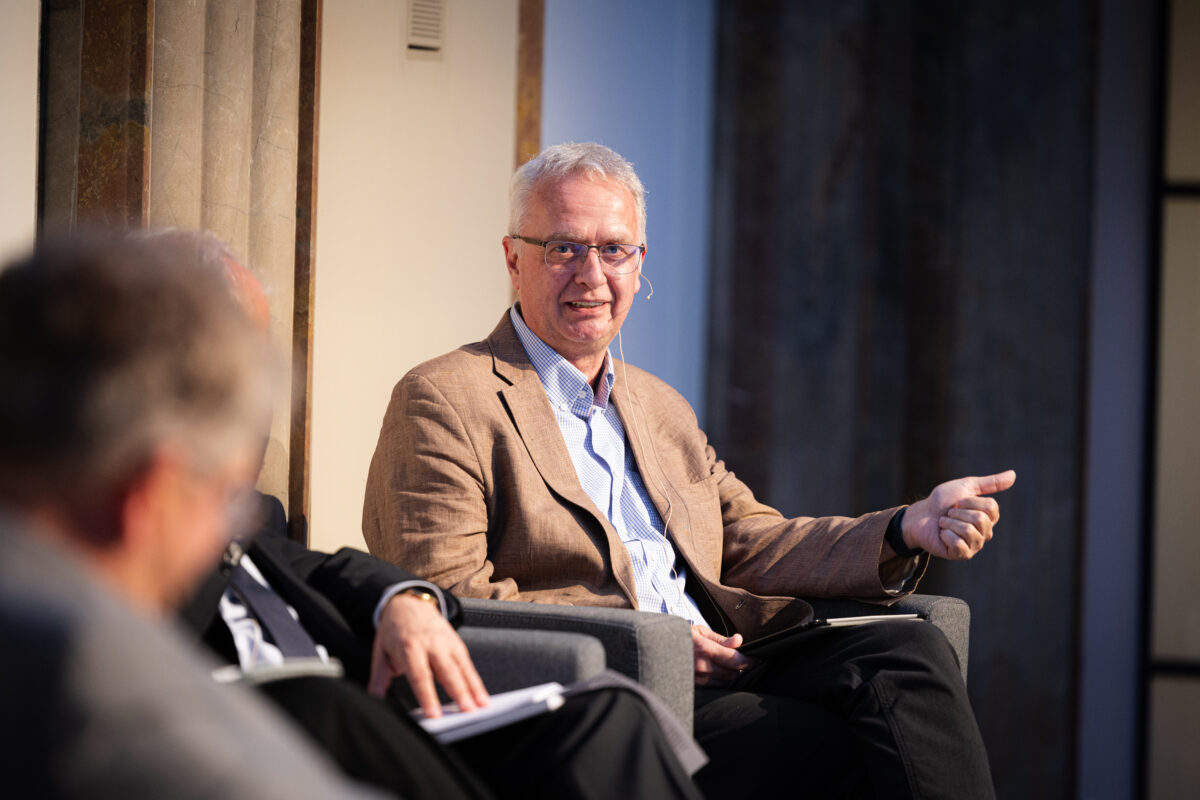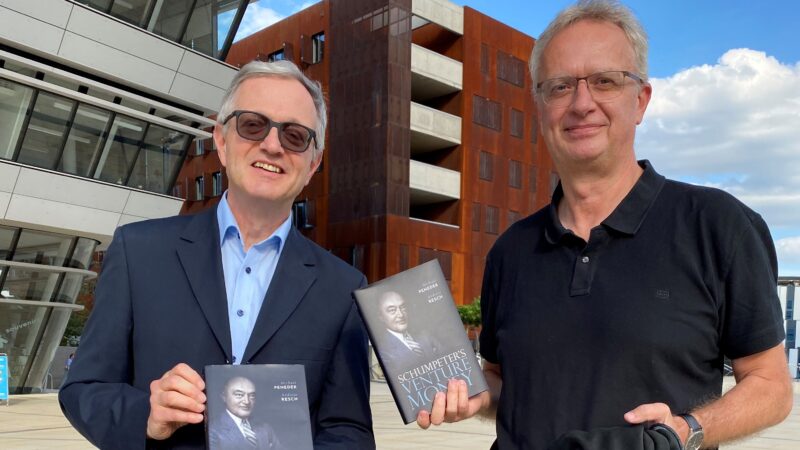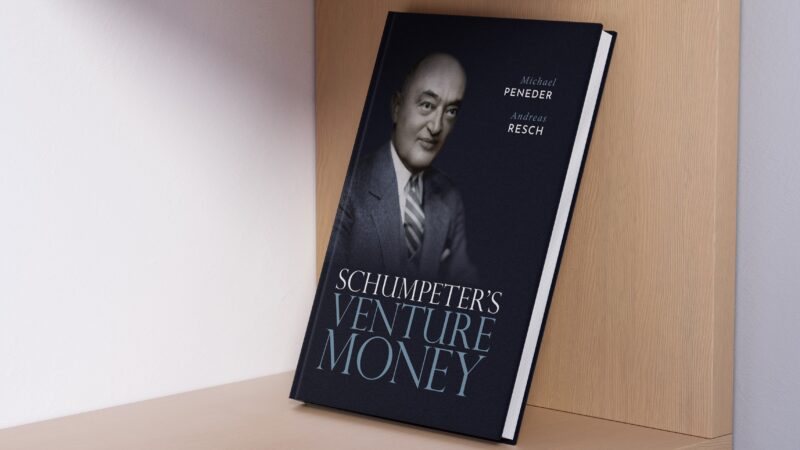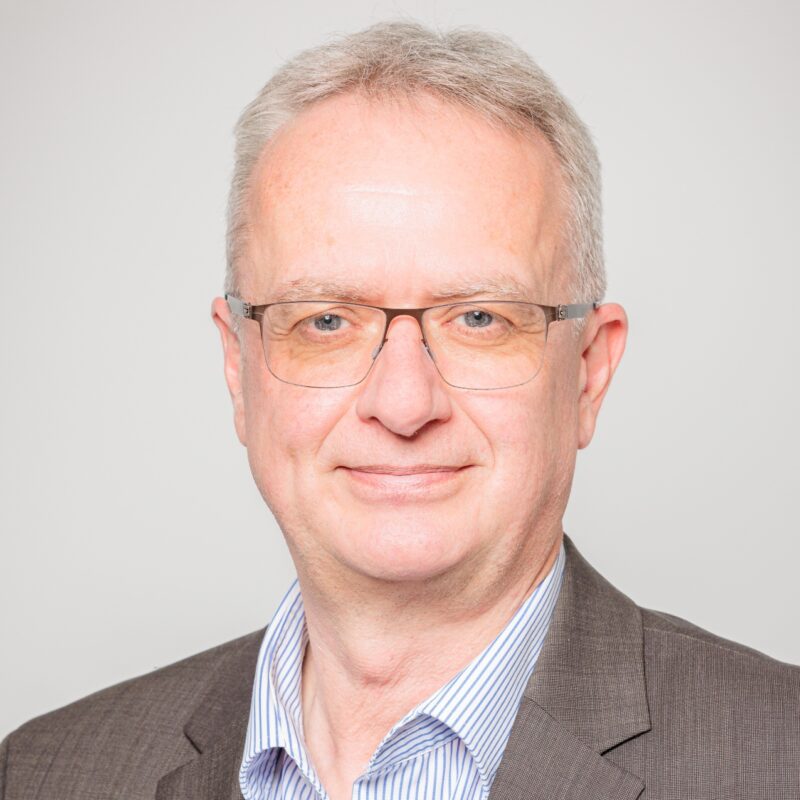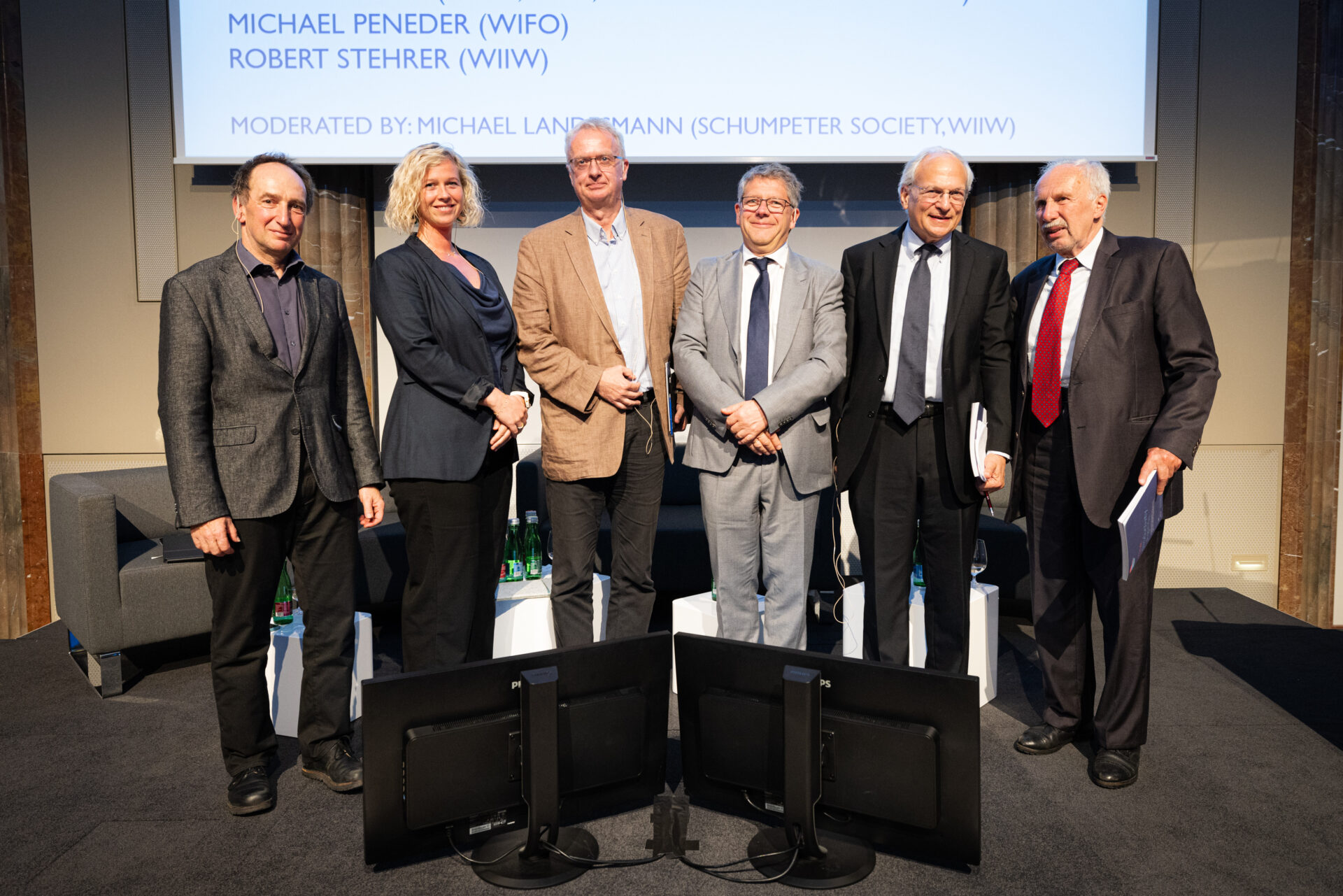
How Not to Miss a Productivity Revival Again?
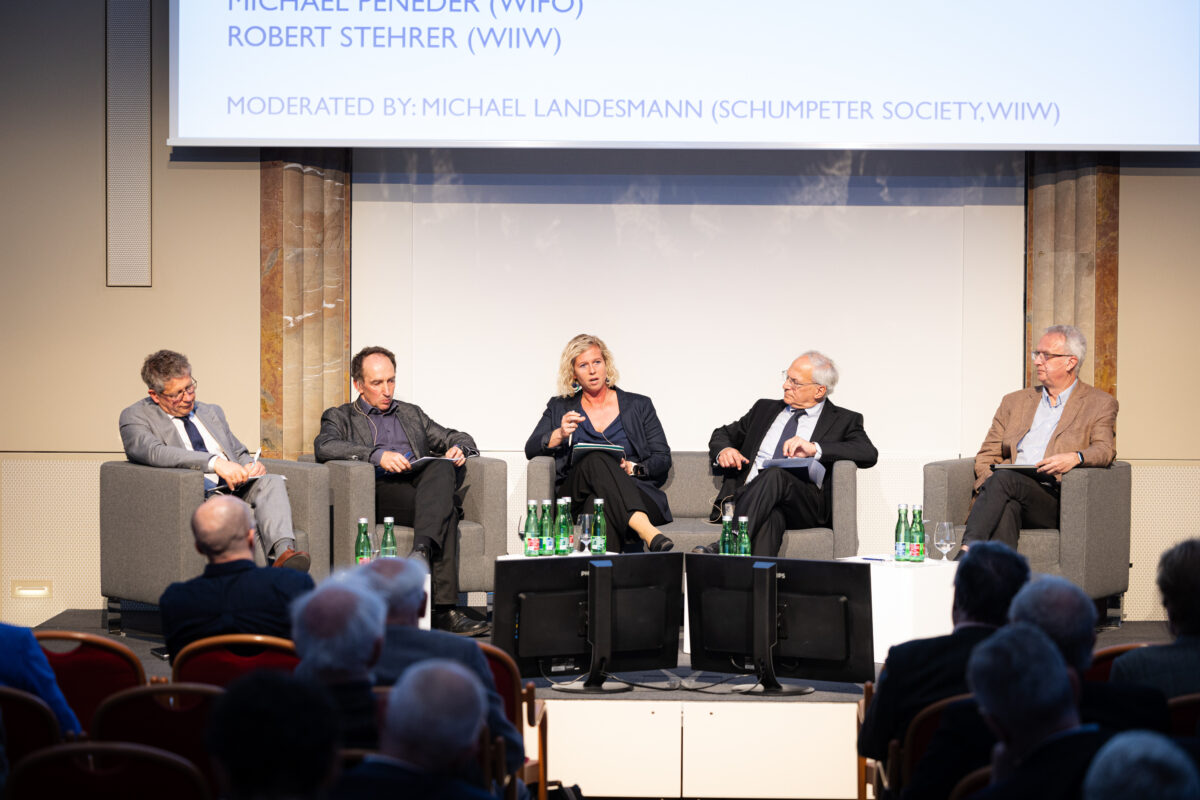
"We are living in a world of rapid technological change and slow productivity growth. While we see a new generation of digital technologies emerging, productivity has not responded as yet. In fact, over the past two decades average productivity growth for advanced economies has slowed to the lowest rate since World War 2", said Bart von Ark. It feels as if we are reliving the productivity paradox of the 1980s, when Nobel prize winner Robert Solow famously stated: "we see computers everywhere except in the productivity statistics". So maybe we should just be a bit more patient for the broad-based productivity effects of artificial intelligence (AI) and robotics to appear. However, despite the hype there is no guarantee that we will see productivity growth trajectory strengthening once again. Technological change needs to be embedded in a conducive economic, political and social environment to translate into widespread innovation and productivity growth, that is, into a more efficient way of transforming resources to create better outcomes. "A new productivity narrative is needed that focuses on how it can support inclusive and sustainable growth" stated van Ark.
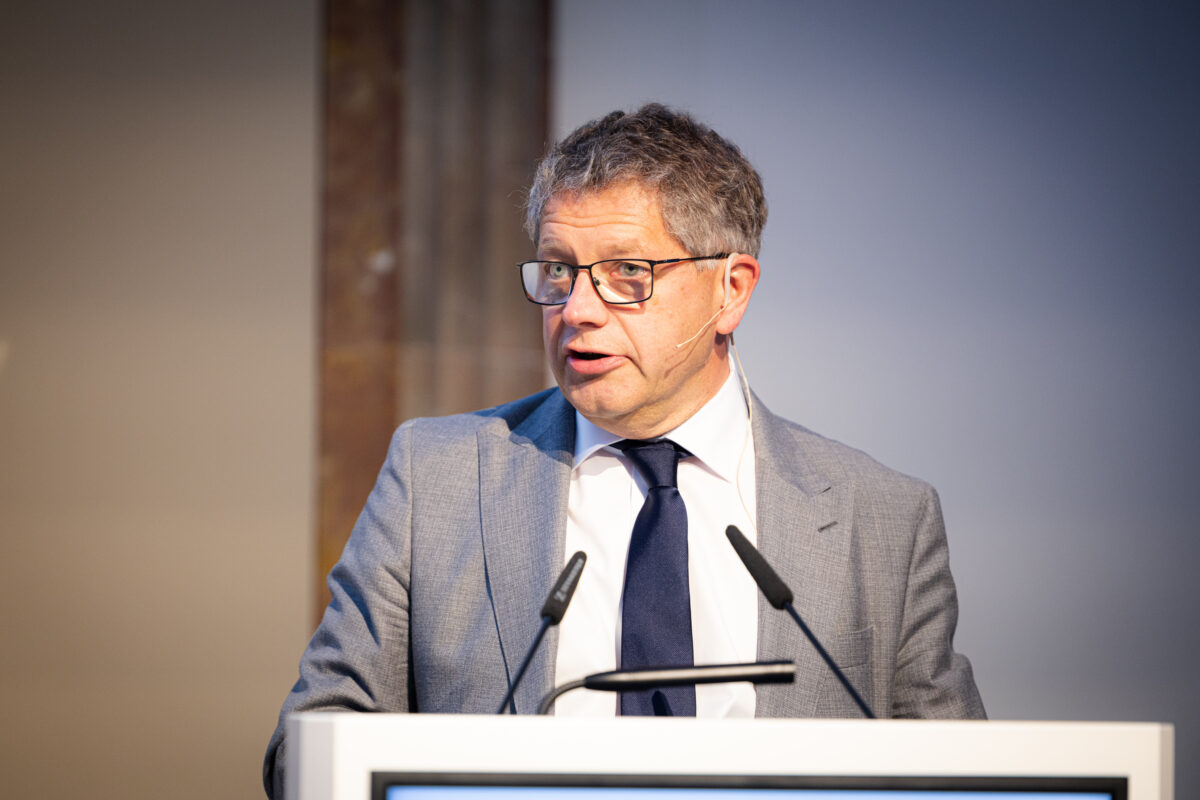
"In recent years, the resurgence of industrial policy measures globally, coupled with increased protectionism and a veritable war of promotion between the USA and China, has impacted the EU, particularly in terms of productivity growth among firms", said Agnes Kügler. WIFO research indicates that the rise in Chinese imports has slowed EU productivity, especially post-2008 financial crisis, affecting lower productivity firms more severely.
According to Kügler, the EU's response must be carefully calibrated to ensure that resources are allocated effectively towards sectors with high productivity potential. However, there is a risk of inadvertently sustaining uncompetitive firms, which could hinder growth. Business dynamism, which is crucial for productivity, is rather low in the EU, especially in Austria. Furthermore, subsidies that delay the exit of non-competitive firms are counterproductive. Additionally, the decline in rapidly growing small firms, particularly in ICT-intensive sectors, poses a challenge to competition-driven innovation. A more reliable approach to funding policy would emphasise the importance of improving human capital, recognising the significance of intermediate skills alongside STEM education. Addressing the demographic challenge of an ageing workforce through training and qualification programmes is essential to maintain productivity and innovation in the EU and in Austria.
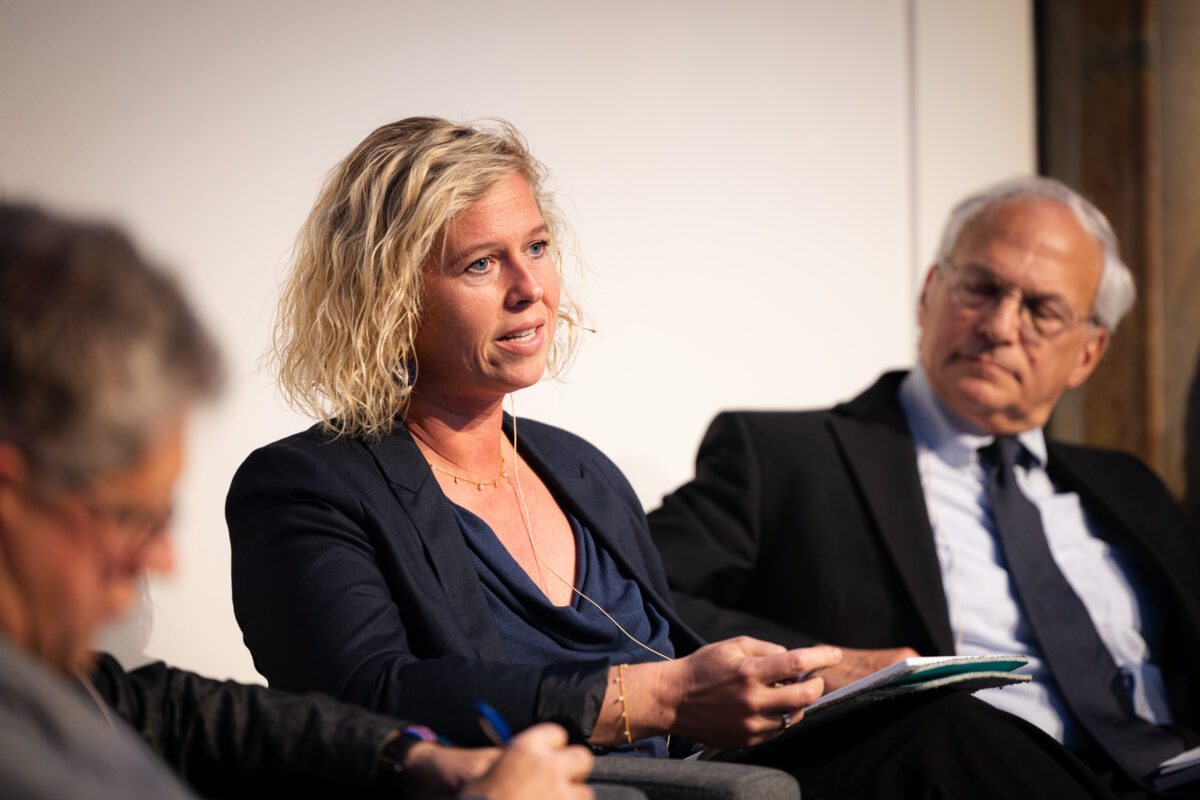
Michael Peneder took up the discussion on various explanations for the persistently low productivity growth, such as long waves in development, (temporary) saturation of demand or measurement problems. With regard to company dynamism, he reported that the Austrian data does not show a general trend towards increasing industry concentration and confirms a continuing reallocation of production and employment in favour of the more productive companies. However, average profit margins at the firm level have increased in some sectors, with firms in the higher percentiles of the original distribution of profit margins tending to benefit the most.
